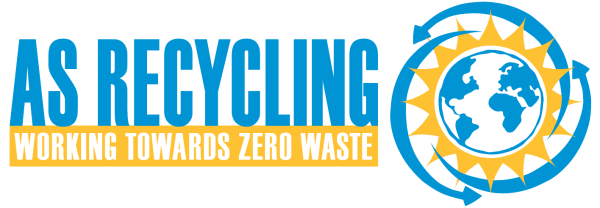Frequently Asked Questions
What is compost?
Compost is the result of properly decomposed organic materials such as food scraps, plant trimmings, and leaves. This organic material can then be used as a nitrogen, phosphorus, and potassium rich fertilizer that aids in improving soil fertility, chemical composition, and biological properties.
Why should I compost?
Composting is incredibly beneficial to our environment. Composting allows us to recycle organic material, keeping unnecessary waste from filling landfills, while allowing this matter to decompose properly to stop the unnecessary production of greenhouse gasses.
What are the benefits of composting?
It can be used in numerous ways to benefit the soil and environment it is used for. Compost can be used as a nutrient dense, natural soil amendment, as it reduces the need for synthetic chemical fertilizers. This in turn assists in the production of beneficial bacteria and fungi, therefore promoting a higher yield of crops in agriculture.
What can be composted through this program specifically?
Through ACI specifically:
ALL food scraps, including meat, dairy, bones, and oils can be composted.
Napkins, wet or soiled paper, paper towels, tissues, hair, and fibrous compostable ware can be composted.
What cannot be composted through this program?
PLA7 materials such as cups and lids, Plastic bags or containers, Milk or ice cream cartons, Paperboard (i.e. cereal boxes), Receipts, Metal, plastic, glass, styrofoam.
What is the difference between industrial composting and throwing organic material in the landfill?
Compostable materials do not have the right environment to decompose or biodegrade in a landfill, and therefore will not break down, and instead produce methane.
Do compostable materials decompose in a landfill?
There is a difference between industrial composting versus on site/backyard composting. The type of composting through the ACI program is considered to be industrial composting, as it is brought to the ReSource Center. The main difference between at home composting/industrial composting and organic materials found in landfills is that food scraps are unable to break down in landfills the way they do in aerobic environments because landfills create an anaerobic (without oxygen) environment.
How do I maintain my compost?
It is important to consistently empty your compost bin over time and rinse the inside each time its contents are emptied, if possible to avoid a stench from building in a dirty bin.
Where do I drop off my compost?
Compost can be dropped at one of the two bins provided at San Clemente or Santa Ynez Villages.
San Clemente Map:

Santa Ynez Map:

How and where do I clean out my compost bin? Is there a way to keep it from getting dirty?
All organic materials from compost bins can be emptied into one of the provided compost dumpsters at San Clemente or Santa Ynez Villages. The best way to keep it from getting dirty is to consistently empty its contents and rinse the inside of the bin when emptied. Also, freezing your food scraps helps to mitigate a smell from developing and premature decomposition from starting.
Should I line my compost bin? Are there biodegradable bags I could use for this?
While we do not recommend lining a compost bin, if you choose to do so, the only material used should be BPI certified compostable bags. An example of this kind of material is the compostable produce bags from Trader Joes.
Can you provide me with compostable liners for the bin?
ACI is not able to provide compostable liners or bags for the bins at this time.
What should I use for my food scrap bin? /How /Where
ACI recommends to aways reduce, reuse, and recycle what you already have before purchasing something new. The most sustainable food scrap/compost bins are the ones you already have! ACI recommends a mason jar, a large tupperware container, a bucket with a lid, or an empty coffee container.
What is Santa Barbara County’s system of composting? Can I continue composting beyond my time in one of the participating student housing complexes?
Santa Barbara county does not collect backyard or at-home source separated compost, however, all organic materials are processed and separated at the ReSource Center. (link here?)
AS Recycling and the Apartment Compost Initiative encourage students to check their home county’s websites to see what is compostable where they live and how it is processed.
If a label or packaging says it’s compostable, does that mean I can put it in my bin?
If the packaging material is labeled as compostable and the material itself feels like paper and has a BPI certified coating, it can be presumed as compostable. If the packing material is labeled as compostable and the material feels or looks like plastic, PLA 7 material, then it is NOT compostable and NOT ok to put inside your compost(ing bin).
[ website page here, the ReSource Center page, and DPW’s home compost page]

